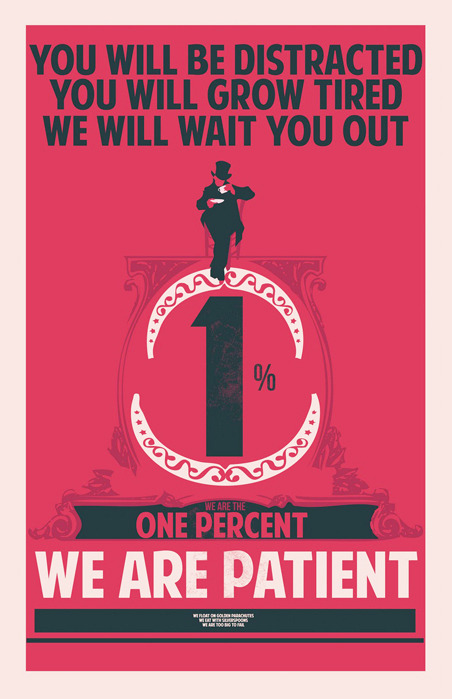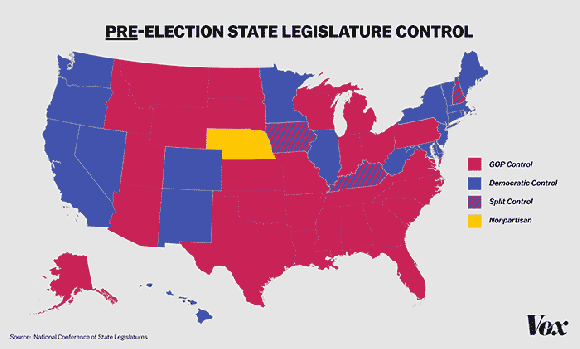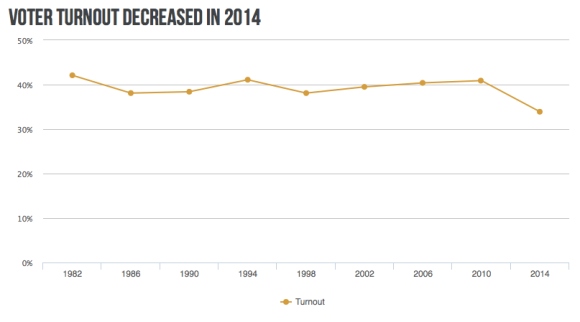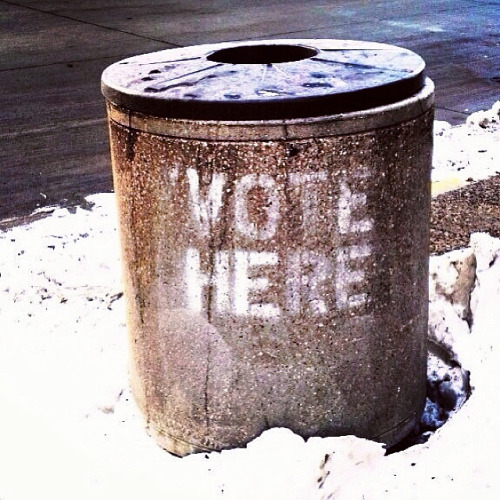We've had some fun in 2306 going over the bills being pre-filed for the 84th Session of the Texas Legislature, especially one flagged by the Texas Tribune which changes the definition of an
illegal knife - HB 92. We had no idea what to make of it. The bill mentions Section 46.01 if the Texas Penal Code, and then it all started to make sense.
The Penal Code reads as follows:
"Illegal knife" means a:
(A) knife with a blade over five and one-half inches;
(B) hand instrument designed to cut or stab another by being thrown;
(C) dagger, including but not limited to a dirk, stiletto, and poniard;
(D) bowie knife;
(E) sword; or
(F) spear.
The Bill would amend it to read:
"Illegal knife" means a:
(A) knife with a blade over five and one-half inches;
(B) hand instrument designed to cut or stab another by being thrown;
(C) dagger, including but not limited to a dirk, stiletto, and poniard;
(D)
bowie knife;
(
E) sword; or
(E) spear
(
F)
So it's just about making bowie knives legal. Why don't they just say so? It can be next to impossible to figure out what bills are really about sometimes.
And who knew
bowie knives were illegal in Texas? That's like John Wayne movies being illegal in the state or naming things after Tom Landry, or Chuck Norris.
Here's a question - could someone argue that this restriction violates the 2nd Amendment? Is a knife an "arm?"





/cdn2.vox-cdn.com/uploads/chorus_asset/file/2447528/CountryVersusElectorate_JP.0.png)






